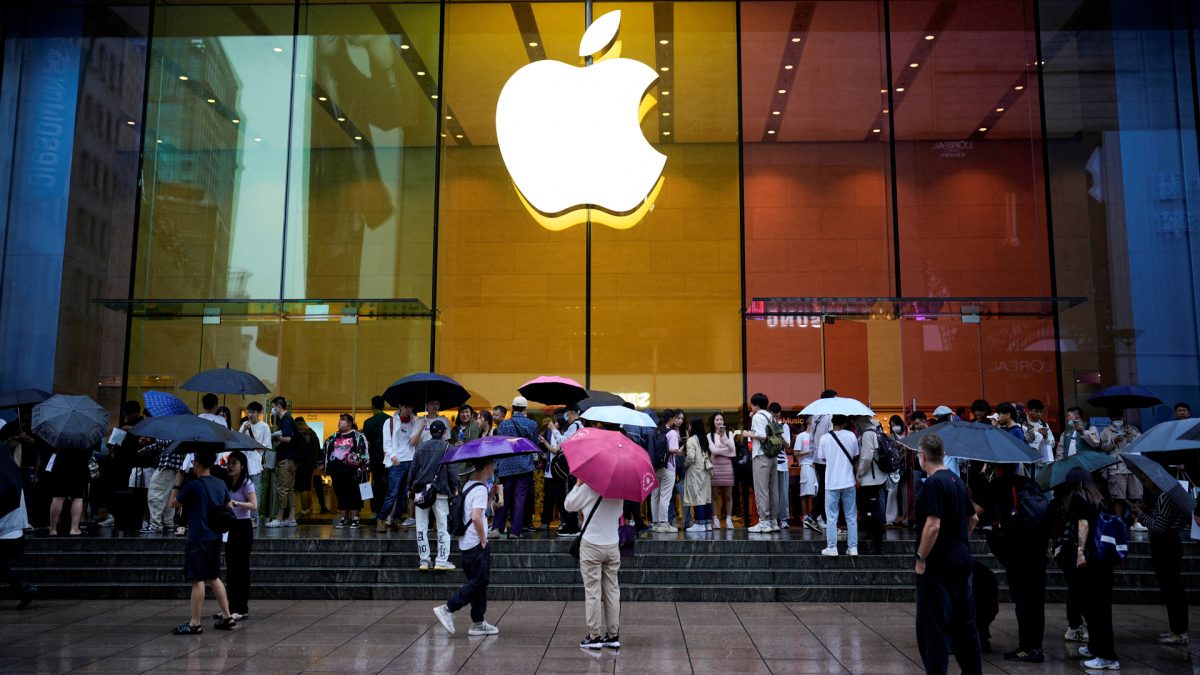Apple’s longstanding partnership with Google for its default search engine on iPhones is under scrutiny, and it’s clear the tech giant isn’t keen on shaking things up. Eddy Cue, Apple’s senior vice president of services, revealed in a court filing that Apple has no interest in building its own search engine, pointing out the enormous cost and risk involved. This revelation comes amidst ongoing antitrust investigations into Google’s practices, making the future of their lucrative partnership uncertain.
In 2022 alone, Google paid a staggering $20 billion to secure its spot as the default search engine on Apple devices. The deal has been a win-win, with Apple pocketing a hefty 36 per cent of the ad revenue generated through Safari’s search results. However, with regulators scrutinising Google’s dominance, Apple finds itself defending the partnership while making it clear it doesn’t want to venture into the search engine business.
Why Apple isn’t keen on building its own search engine
According to Cue, creating a search engine from scratch would be a monumental task, requiring billions of dollars and years of development. The rapid evolution of search technologies, driven by artificial intelligence, adds another layer of complexity and risk. Cue explained that Apple would also need to build an entirely new platform to handle targeted advertising, something the company currently lacks both infrastructure and expertise to manage.
Apple seems to be content with its current arrangement, which allows it to focus on its core products and services rather than wading into the competitive and resource-intensive search engine market.
Alternatives aren’t a dealbreaker
Cue emphasised that while Google is the default search engine, Apple provides users with several alternatives like Yahoo!, Bing, DuckDuckGo, and Ecosia. This flexibility, he argued, ensures that Apple users can make their own choices.
However, regulators aren’t convinced, suggesting remedies such as prohibiting Apple from earning ad revenue from Google or preventing future deals altogether. These proposals could upend the current setup, significantly impacting both companies.
The broader implications of a breakup
If Apple were forced to cut ties with Google or implement these regulatory remedies, Cue warned that it could hinder the company’s ability to deliver top-tier products and services to its users. The partnership with Google has not only been financially rewarding for Apple but also strategically beneficial, allowing it to invest in other areas without the distraction of managing a search engine.
As the Department of Justice continues its antitrust investigation into Google, the future of this partnership remains in limbo. For Apple, maintaining the status quo appears to be the best way forward, even as external pressures mount.
)